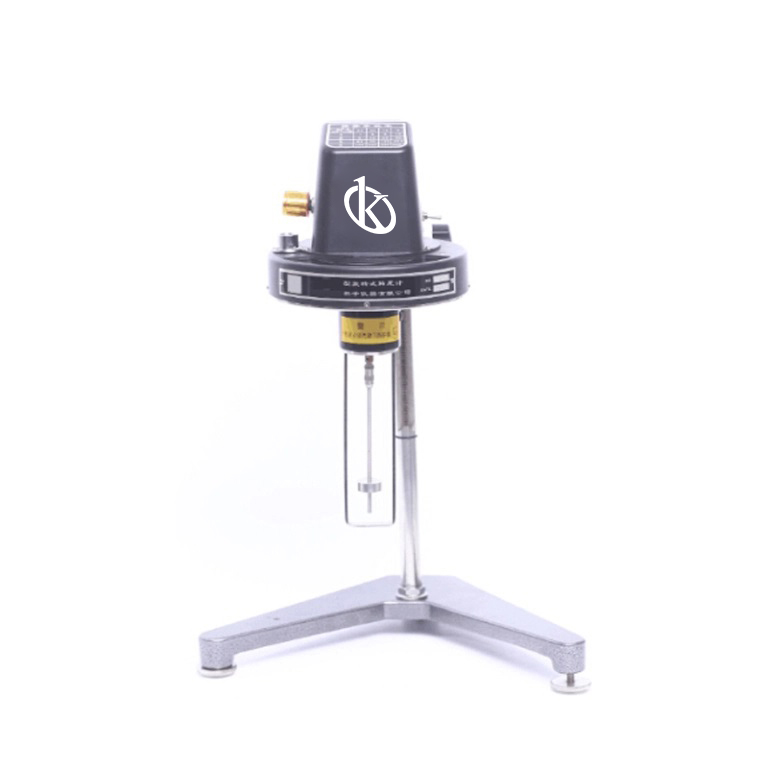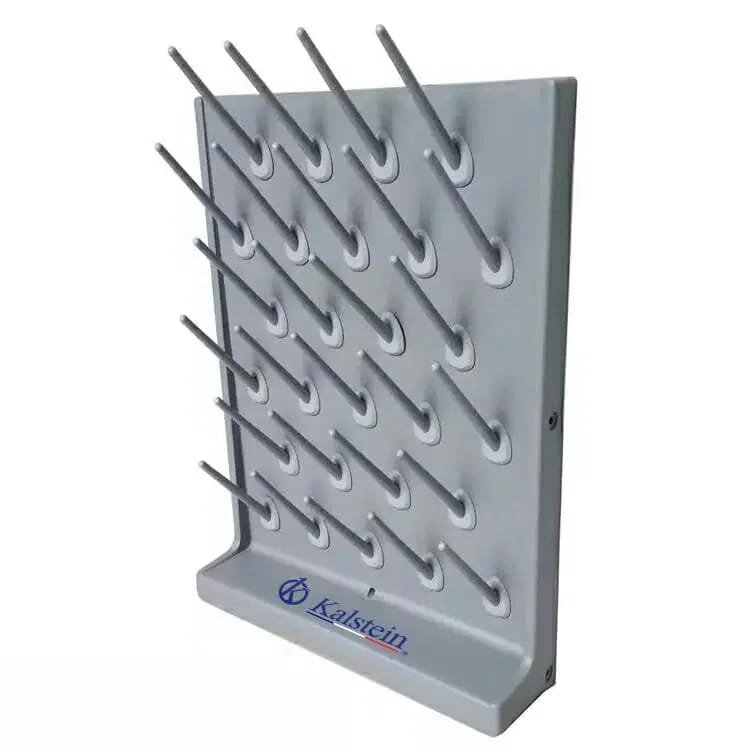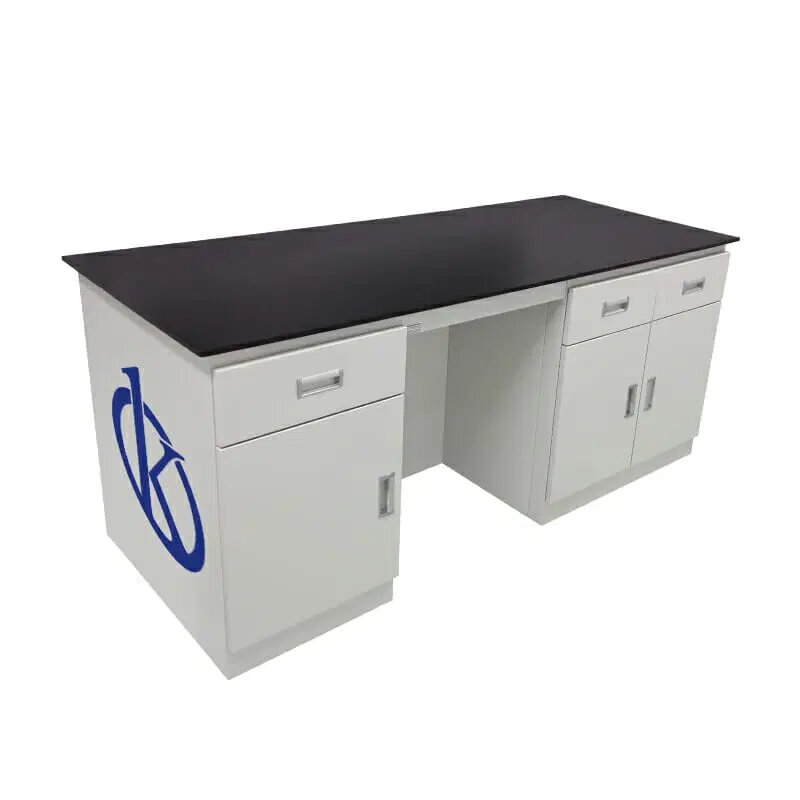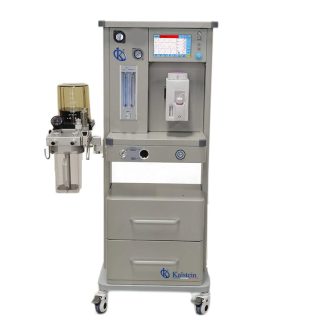The viscometer is an essential tool for food industries. This tool is used to measure and control the consistency of liquids. This important tool is used in a wide variety of food industries to monitor the consistency of products, thus ensuring food quality and safety. Viscosity measurements are important, as consumers appreciate repeating the experience of a food they usually eat.
A viscometer consists of a measuring device, a probe, a viscosity meter and a measuring unit. The measuring device is designed to detect the amount and rate of flow of a liquid through a tube-shaped channel. This information is transmitted to the measuring unit, which processes the data and displays the measurement on a screen or prints the measurement.
The probe is a measuring device that is connected to the viscometer tube. The probe detects the flow of liquid through the tube and informs the measuring unit what the density and viscosity of the liquid is. The viscosity meter is a measuring device that is directly connected to a measuring device. The viscosity meter detects the viscosity of the liquid and provides an accurate measurement of the viscosity of the liquid.
Why is the viscometer an important tool in the food industry?
The viscometer is a very important tool for the food industry. It is used to ensure that products meet the required quality and safety standards in relation to current food regulations and Codex. The viscometer is used to measure and control the consistency of liquids over time, allowing companies to ensure that products always meet quality standards.
The viscometer is also used to determine the quality of the liquid. The viscometer measures the viscosity of the liquid, which allows industries to check whether the product meets the required viscosity standards. This is essential to ensure that products meet quality standards. Another advantage of using the viscometer in the food industry is accuracy. The viscometer is able to detect small fluctuations in the viscosity of the liquid, which allows manufacturers to ensure that the final product meets quality standards. This guarantees high quality food products.
What is the viscometer used for in the food industry?
In addition to viscosity measurement, the viscometer detects particles suspended in the liquid. These particles are solid aggregates suspended in the liquid that can affect the quality and safety of the product. The detection of these particles is essential to ensure that the food product meets the quality and safety specifications set forth in the standard. In general, suspended particles can settle, resulting in a product that is out of phase and unpalatable for consumption.
Finally, the viscometer is also used to verify the saturated fat content. The measurement of saturated fats is also important to ensure food quality, as these fats have a high calorie content and can affect the taste and consistency of the product. The fat content of foods becomes important at times when consumers are looking for healthy and nutritious foods.
In conclusion, the viscometer is an essential tool for the food industry. This tool allows industries to control the consistency and quality of liquids, as well as to detect any unwanted particles or saturated fat. This ensures that food products meet the required quality, organoleptic properties and safety guidelines.
Kalstein viscometers in food laboratories
Food industry laboratories can benefit from the purchase of any of the viscometer models from the manufacturer Kalstein. Among the models available for sale is the YR05864 – YR05865 Kinematic Rotational Viscometer, which is very easy to operate, is highly accurate and can measure viscosities up to 2,000,000 cps. For price inquiries and purchase of this equipment, please refer to the following web addresses: HERE and HERE




